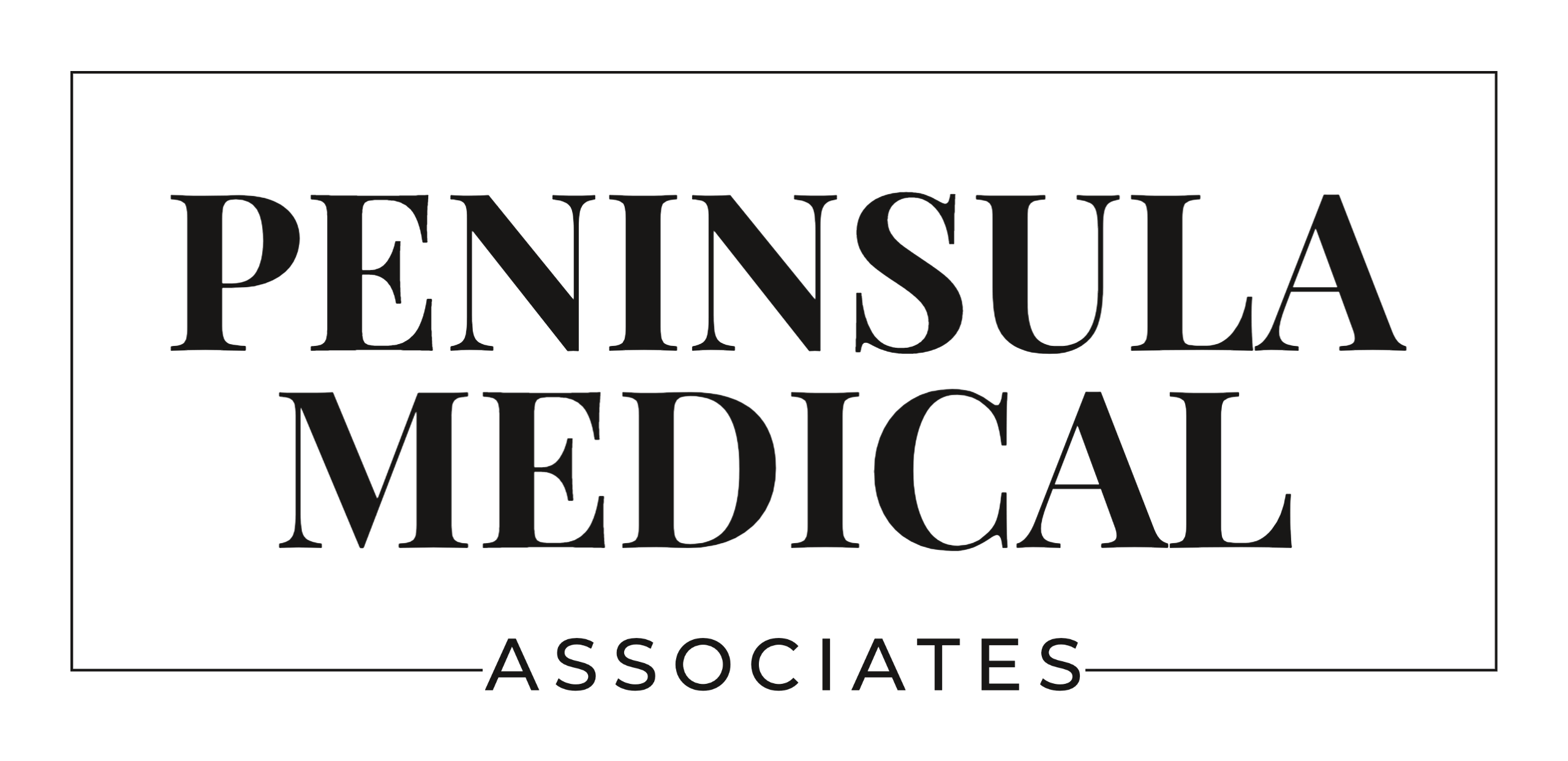Book Appointment Now
How We Help Navigate Delayed or Denied Workers’ Compensation Authorizations
How We Help Navigate Delayed or Denied Workers’ Compensation Authorizations
Navigating the workers’ compensation system can be overwhelming—especially when treatment plans are delayed or denied due to authorization issues. At Peninsula Medical Associates, we understand the frustrations that can arise when care is held up by utilization review (UR), miscommunication, or incomplete documentation. That’s why our practice takes a proactive, collaborative approach to getting injured workers the care they need—without unnecessary delays.
🩺 The Problem: Delayed or Denied Authorizations
In California’s workers’ compensation system, most medical treatments require prior authorization through a Request for Authorization (RFA) process. These requests undergo Utilization Review (UR), where an independent medical reviewer determines whether the treatment is medically necessary based on evidence-based guidelines.
However, treatment authorizations are frequently delayed, denied, or returned for more information—especially when documentation is lacking, or when treatment falls into a gray area under the Medical Treatment Utilization Schedule (MTUS). This can stall recovery, prolong disability, and frustrate everyone involved—injured workers, providers, case managers, and adjusters.
✅ Our Approach: Proactive, Documentation-Driven Advocacy
At Peninsula Medical Associates, we’ve built our workflow around minimizing delays and ensuring medically necessary treatment is supported and approved. Here’s how:
1. Detailed, Timely RFA Submissions
We prepare every RFA with clear documentation of clinical findings, functional impairments, and guideline-supported reasoning. We reference California MTUS guidelines when appropriate and include relevant diagnostics, exam findings, and progress notes.
2. Persistent Follow-Up
Our medical team and staff communicate directly with claims adjusters and UR vendors to track the status of RFAs, resolve any issues, and ensure all required documentation is received.
3. Appeals and Next Steps
If a treatment denial occurs, we work with the requesting physician and claims stakeholders to initiate the appeals process or refer for QME review when the denial is disputed. We understand the timelines and documentation needed to keep the case moving forward.
4. Clear Communication with the Injured Worker
We believe in patient-centered care. Our team keeps injured workers informed of the status of their requests, helping to reduce uncertainty and reinforce trust during the recovery process.
🌟 Why It Matters
Delays in care can have real consequences—physically, emotionally, and financially. Our goal is to support optimal recovery while respecting the guidelines and structure of the workers’ compensation system. We strive to be a trusted partner to employers, claims professionals, and injured workers alike.
If you’re looking for a responsive, knowledgeable occupational medicine team with deep experience in workers’ compensation care, we’re here to help.
